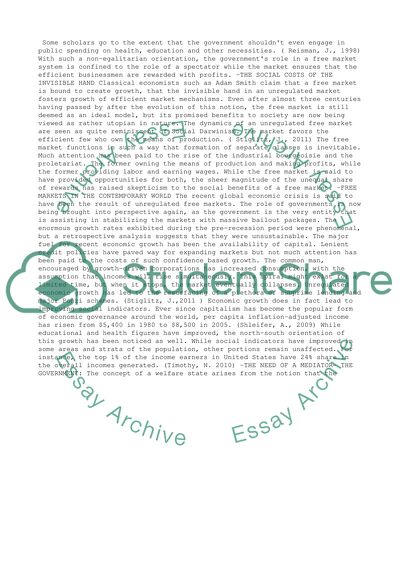Cite this document
(“Sustainable Management Futures. Free Markets and Governments Essay”, n.d.)
Retrieved from https://studentshare.org/business/1396454-sustainable-management-futures
Retrieved from https://studentshare.org/business/1396454-sustainable-management-futures
(Sustainable Management Futures. Free Markets and Governments Essay)
https://studentshare.org/business/1396454-sustainable-management-futures.
https://studentshare.org/business/1396454-sustainable-management-futures.
“Sustainable Management Futures. Free Markets and Governments Essay”, n.d. https://studentshare.org/business/1396454-sustainable-management-futures.


